MORE IMPORTANT INFORMATION ABOUT YOUR TRAVEL TO Freiburg
The Train station is located at the center of Freiburg
Freiburg im Breisgau (German: [ˈfʁaɪbʊʁk ʔɪm ˈbʁaɪsɡaʊ]; Alemannic German: Friburg im Brisgau [ˈfʁiːb̥əɡ̊]) is a city in Baden-Württemberg, Germany, with a population of about 220,000. In the south-west of the country, it straddles the Dreisam river, at the foot of the Schlossberg. Historically, the city has acted as the hub of the Breisgau region on the western edge of the Black Forest in the Upper Rhine Plain. A famous old German university town, and archiepiscopal seat, Freiburg was incorporated in the early twelfth century and developed into a major commercial, intellectual, and ecclesiastical center of the upper Rhine region. The city is known for its medieval minster and Renaissance university, as well as for its high standard of living and advanced environmental practices.
Source:
WikipediaADDITIONAL INFORMATION ABOUT Cologne
The Train station is located at the center of Cologne
Cologne (English: kə-LOHN; German: Köln [kœln]; Kölsch: Kölle [ˈkœlə]) is the largest city of Germany's most populous federal state of North Rhine-Westphalia and the fourth-most populous city in Germany. With slightly over a million inhabitants (1.08 million) within its city boundaries, Cologne is the largest city on the Rhine and also the most populous city both of the Rhine-Ruhr Metropolitan Region, which is Germany's largest and one of Europe's major metropolitan areas, and of the Rhineland. Centered on the left bank of the Rhine, Cologne is about 45 kilometres (28 mi) southeast of North Rhine-Westphalia's capital of Düsseldorf and 25 kilometres (16 mi) northwest of Bonn. It is the largest city in the Central Franconian and Ripuarian dialect areas. The city's Cologne Cathedral (Kölner Dom) is the seat of the Catholic Archbishop of Cologne. There are many institutions of higher education in the city, most notably the University of Cologne (Universität zu Köln), one of Europe's oldest and largest universities, the Technical University of Cologne (Technische Hochschule Köln), Germany's largest university of applied sciences, and the German Sport University Cologne (Deutsche Sporthochschule Köln), Germany's only sport university.
Source:
WikipediaImages of the trains for your trip


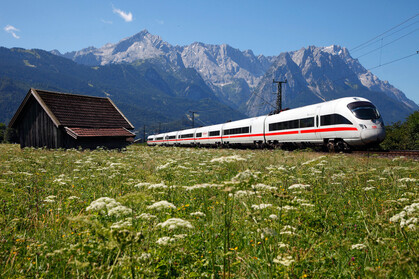

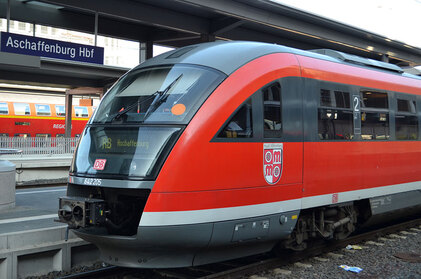







Where Can You Travel With Us?
TAKE A LOOK AT OUR MAP
France
Italy
Netherlands
Luxembourg
Austria
Germany
Belgium
Switzerland
Denmark
Sweden
Norway
Hungary
Czech
Ukraine
China
Active
France, Italy, Netherlands, Luxembourg, Austria, Germany, Belgium, Switzerland, Denmark, Sweden, Norway, Hungary, Czech, Ukraine, China
Upcoming
USA, Canada, Spain, Poland, Japan
Other Train Trips From Cologne
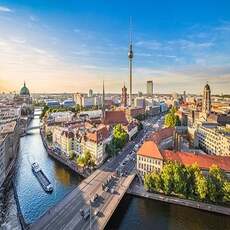
Cologne to Zella Mehlis
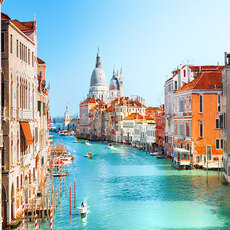
Cologne to Wickede Ruhr
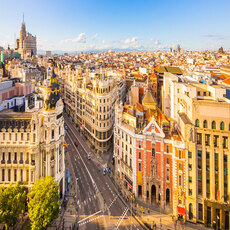
Cologne to Oker

Cologne to Gemunden Main

Cologne to Jatznick
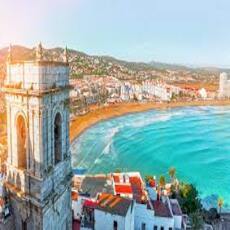
Cologne to Cossebaude

Cologne to Empel Rees
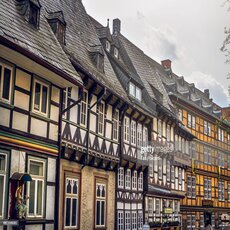
Cologne to Hanover Karl Wiechert Allee

Cologne to Monchengladbach Lurrip
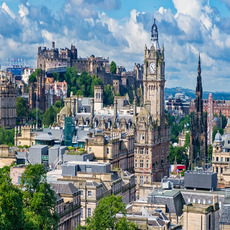
Cologne to Dorfen

Cologne to Iserlohn

Cologne to Haslach

Cologne to Kahl Main

Cologne to Witten
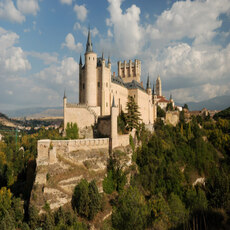
Cologne to Konstanz Petershausen

Cologne to Langen Hess

Cologne to Grossheringen
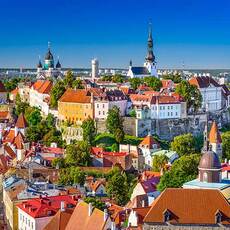
Cologne to Dillenburg
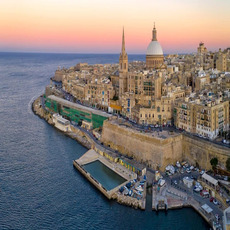
Cologne to Alpirsbach

Cologne to Angermund

Cologne to Kulmbach

Cologne to Gundelfingen Breisgau

Cologne to Bayreuth

Cologne to Morsum Sylt

Cologne to Aschendorf

Cologne to Sulzbach Saar

Cologne to Stuttgart Airport

Cologne to Horn Bad Meinberg

Cologne to Muenchen-laim Pbf
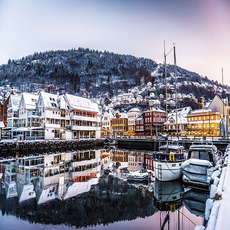
Cologne to Ottweiler Saar
WHY YOU SHOULD TRAVEL BY TRAIN?
To travel from Cologne To Freiburg, trains would be the best travel choice, for several reasons:
1
Eco-Friendly
Trains are the most environmentally-friendly way of transport to the EU Environment Agency. They are powered by electricity, which is renewable and has a low environmental impact.
2
Speed
Travelling by train is in most cases the fastest way to go from Rome to Milan. Trains usually travel at high speeds, making them the fastest way to get from one place to another.
3
Safety
Travelling by train is one of the safest forms of transport. Trains are heavily regulated and monitored, making them safer than other forms of transport.
4
Price
Travelling by train is often cheaper than other forms of transport, such as flying or taking a bus. Trains are often subsidized by the government, making them cheaper than other forms of transport.
5
Luggage
Travelling by train is a great way to transport luggage. Trains usually have plenty of space for luggage and they are usually safe and secure.
6
Luggage
Travelling by train is often faster than other forms of transport, such as driving or taking a bus. Trains usually travel at high speeds, making them the fastest way to get from one place to another.
7
Comfortability
Travelling by train is usually very comfortable. Trains usually have comfortable seating and plenty of legroom, making them a great way to travel.
8
Comfortability
Travelling by train is a great way to get some sleep. Trains usually have comfortable seats and plenty of legroom, making them a great way to get some rest while travelling.
9
WIFI
This is not necessarily the most important when you travel since we prefer to tell you to enjoy your travel without your phones, but on trains, you can find WIFI onboard, so you remain connected to the internet if you choose to.
THESE ARE THE TRAIN OPERATORS WE WORK WITH




















